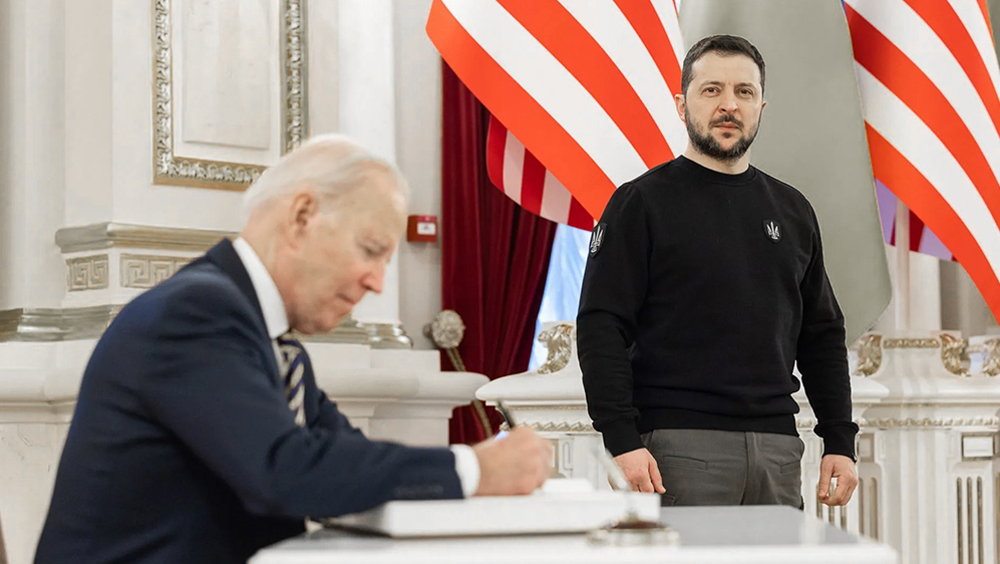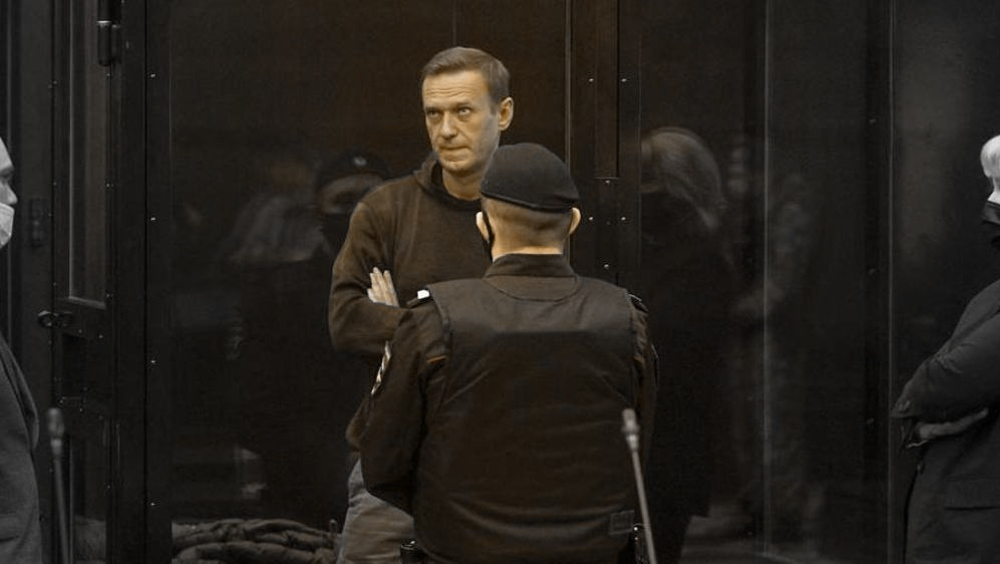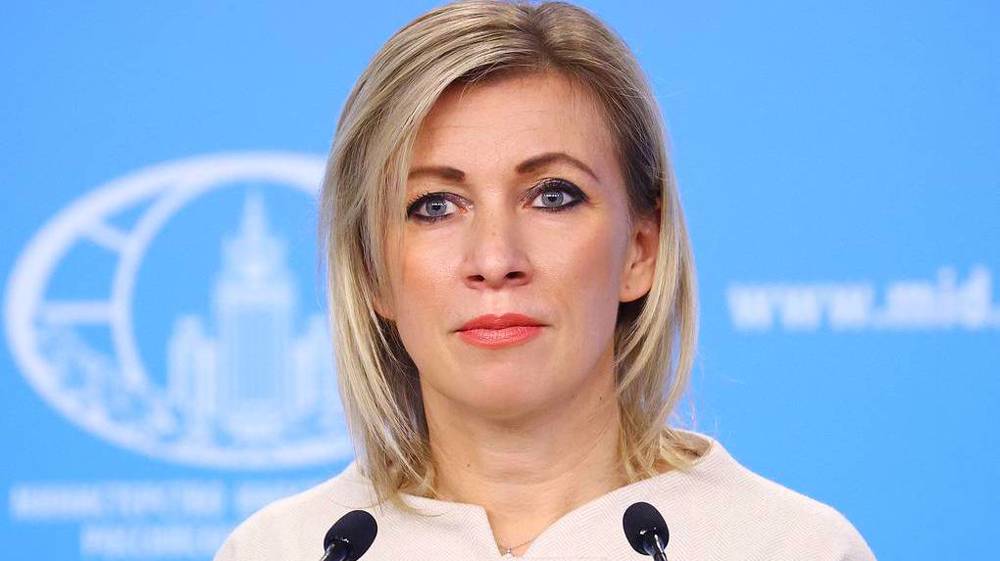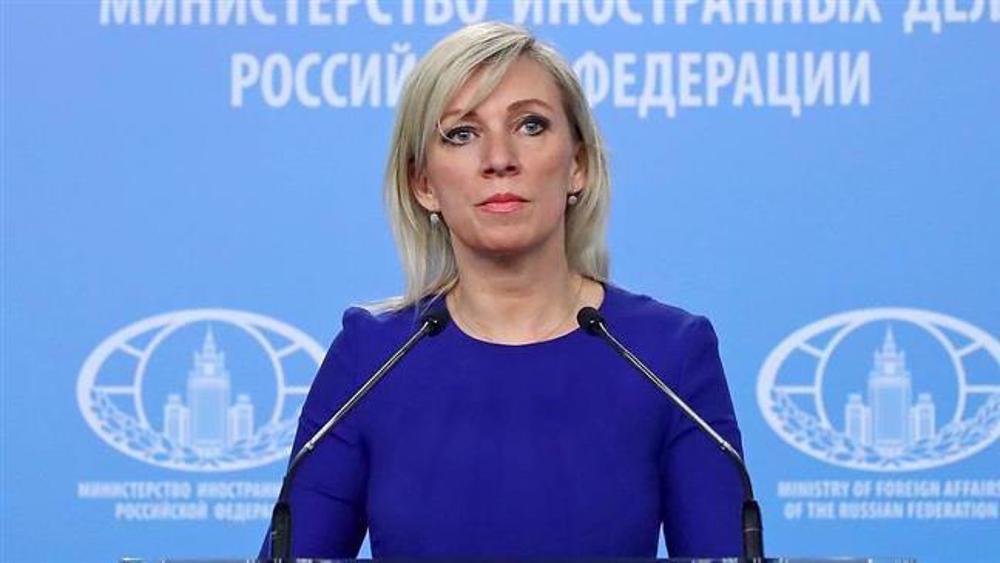Western-backed blogger Navalny’s network says it is ‘disbanding’
The political network of Western-backed blogger Alexei Navalny says it is disbanding, as he appeared in court for the first time since ending his hunger strike.
The head of the network said Thursday that the organization had decided to close.
“We are officially disbanding Navalny's network,” Leonid Volkov said in a video posted on social media, adding that a number of the offices, however, would continue their activities as independent political organizations.
His comments came a few days after prosecutors ordered the network to halt its activities ahead of the ruling and sweeping bans imposed by a court on a Navalny foundation.
A court in Moscow on Thursday held a hearing into a request from prosecutors that Navalny’s regional network and his so-called Anti-Corruption Foundation (FBK) should be recognized as extremist factions, equating them with the Daesh and al-Qaeda terrorist groups.
If the request is granted, the activities of his regional network and the FBK, founded in 2011, will be prohibited and their members and supporters may face lengthy prison sentences. The hearings are set to resume on May 17.
Russian police detained Navalny on arrival at Moscow’s Sheremetyevo Airport from Germany in January, five months after he was transferred to a hospital in Berlin for treatment.
Western governments have been attacking Russia with accusations that it had poisoned Navalny, saying Moscow must help investigate the case or face consequences.
Russia has denied the allegation, describing it as a provocation of Western intelligence services aimed at justifying more sanctions against Moscow.
Navalny is already serving a prison sentence after the Moscow City Court sentenced him on February 2 to two years and eight months for breaking the terms of his suspended sentence, subtracting the 10 months he had spent under house arrest from his original three-and-a-half-year sentence.
Since then, Navalny has been calling on Russians to rally against the government of President Vladimir Putin.
The blogger, who refused food for three weeks in protest against the alleged lack of adequate medical treatment in prison, also appeared in court on Thursday as part of his appeal against a defamation sentence imposed in February for allegedly insulting a World War II veteran.
VIDEO | Iran eases the rules for exporting hand-woven carpets
VIDEO | Intl. Day for the Elimination of Violence against Women: A stark reminder of Gaza women
Australia denies ex-Israeli minister Shaked visa
VIDEO | 85% of Yemeni displaced people face daily hunger crisis
US House passes bill targeting charities and pro-Palestine groups
VIDEO | Supporting Gaza genocide
Hezbollah attacks Israeli forces after Lebanese homes blown up
World leaders, states hail ICC arrest warrants for Netanyahu, Gallant













 This makes it easy to access the Press TV website
This makes it easy to access the Press TV website